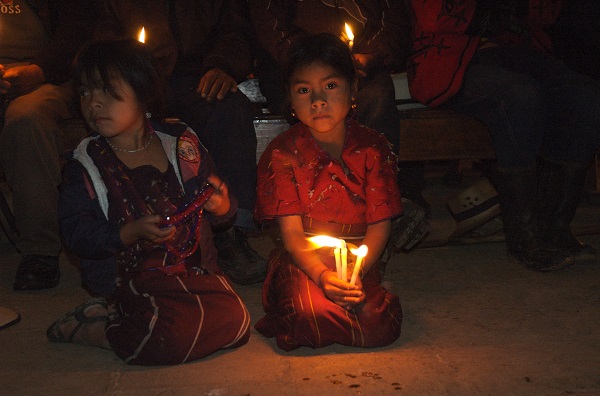• States and parties involved in conflicts must acknowledge the seriousness of the issue and the suffering it causes. They must take every measure necessary to prevent the disappearance of people and, when it occurs, do everything possible to address the problem.
• States must develop legal frameworks specifically geared towards identifying and accounting for people reported missing and towards responding to the many needs of their families.
• States need to adopt effective and centralized management systems for all information related to missing persons.
• States and relevant institutions must coordinate their activities to effectively address the issue and provide necessary responses.
• Organizations and government bodies should follow specific procedures and standards when searching for the missing and when managing and identifying the dead. Families should be included in the process. They must ensure that human remains are treated with dignity and respect, in line with international and local laws and customs.
“When dark began to fall, I went to see where my family was. I found 27 people dead, but the bodies of my daughter and my grandchildren weren’t there. I felt that my family had been wiped out. […] I am 82 and I don’t want to die without knowing what happened to them.”
Father and grandfather of missing persons from Ixcán, Quiché department, Guatemala


